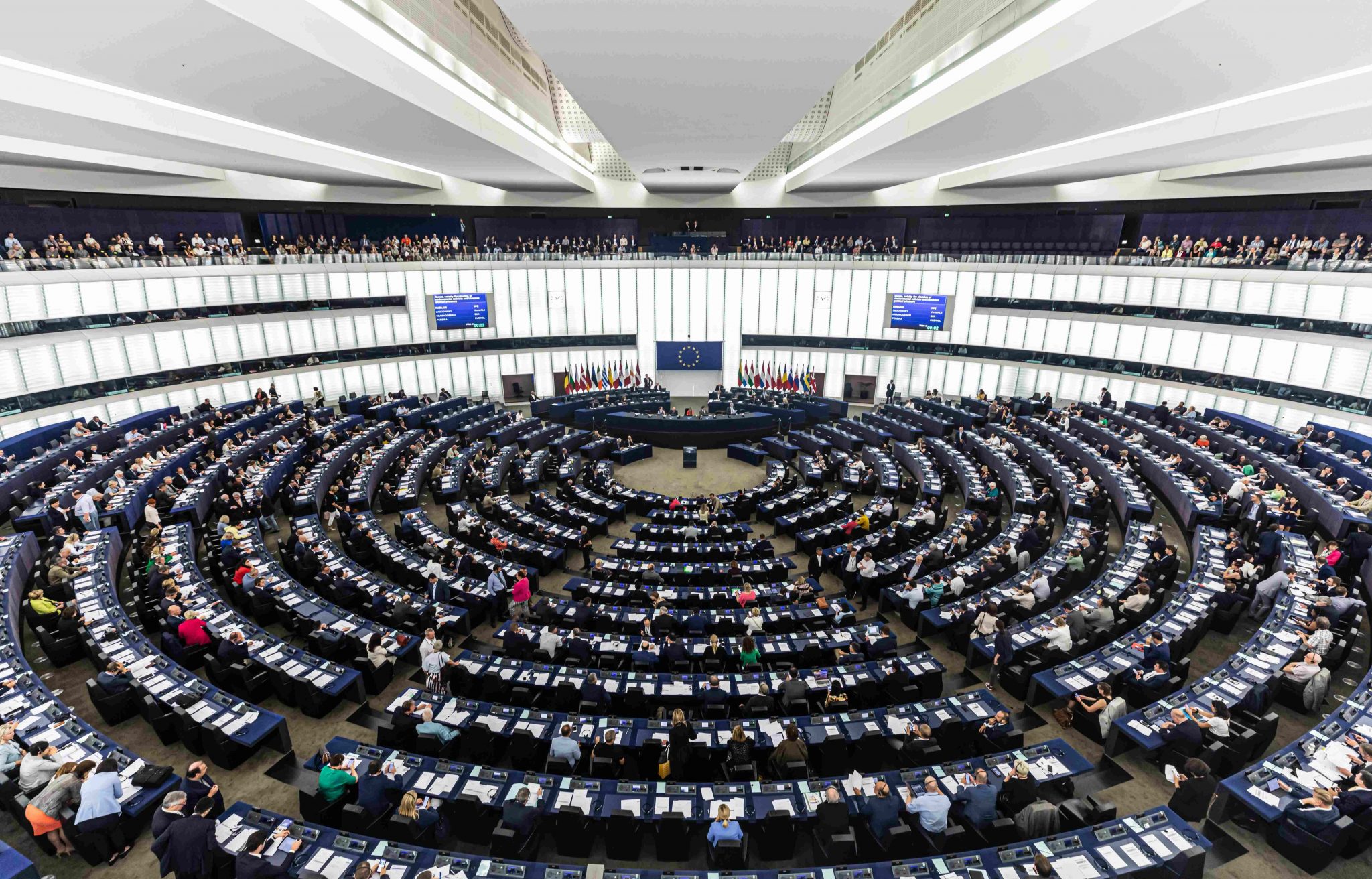To the simple question of why nobody in Europe (and not only Greece) is passionate about the European elections, there’s an equally simple answer. It’s because no one considers the elections to be relevant to them and their everyday life. Or, to be more precise, because they see them as an irrelevance.
On Friday, the Greek Parliament discussed the high cost of living—an issue all the polls place at the forefront of citizens’ concerns—at the highest parliamentary level. Paradoxically, the European Union—and still more the European Parliament—simply did not figure in the debate.
In other words, the Greek Prime Minister can write as many letters to Madame Ursula as he likes (hell, he can put the prolific marquise de Sévigné in the shade, if he wants to), but the facts remain the same: citizens are unconvinced that “Europe” can tackle a problem that has turned into a burning issue for them.
Even in the Middle East, where a European consensus could be reached without undue effort, EU member states just all keep doing their own thing. Almost half have recognized an imaginary Palestinian state, while the other half find it hard to understand how recognizing such a state “will break the cycle of violence,” as the Spanish Foreign Minister declared it would.
But if Europe is absent from people’s lives; if it fails to address the cost of living crisis, immigration, unemployment; if it can’t even forge a common position on the Middle East, then what exactly is it asking us to elect?
This fundamental question has yet to receive a convincing answer from any of the parties or candidates that are actually up for election. And not just in Greece. If François Mitterrand were still alive, he might have remarked in his inimitable style, “I don’t remember a European election that ever cost anyone anything.” Generally speaking, the European Union remains little more than an opportunity to refresh our grasp of current issues at an academic level. All the other stuff (who will come out on top in the battle of the ‘Titans’ between Kasselakis and Androulakis, or whether Mitsotakis will ever acquire an opponent) is of even less interest.
So it’s no coincidence that the polls have been primarily focused this time round on predicting the percentage of voters who will stay away from the polls. Because they know that this is the statistic that will ultimately determine the number of seats each grouping ends up with once the election results are in.
Because the bitter truth is that no one thinks an election like this has any meaning for anyone save those that actually get elected. They may well be wrong. But the electoral behaviour of the vast majority indicates that this is their take on all things European.
In the end, Europe is a lot like your health: you only realize what you had when it’s gone.



